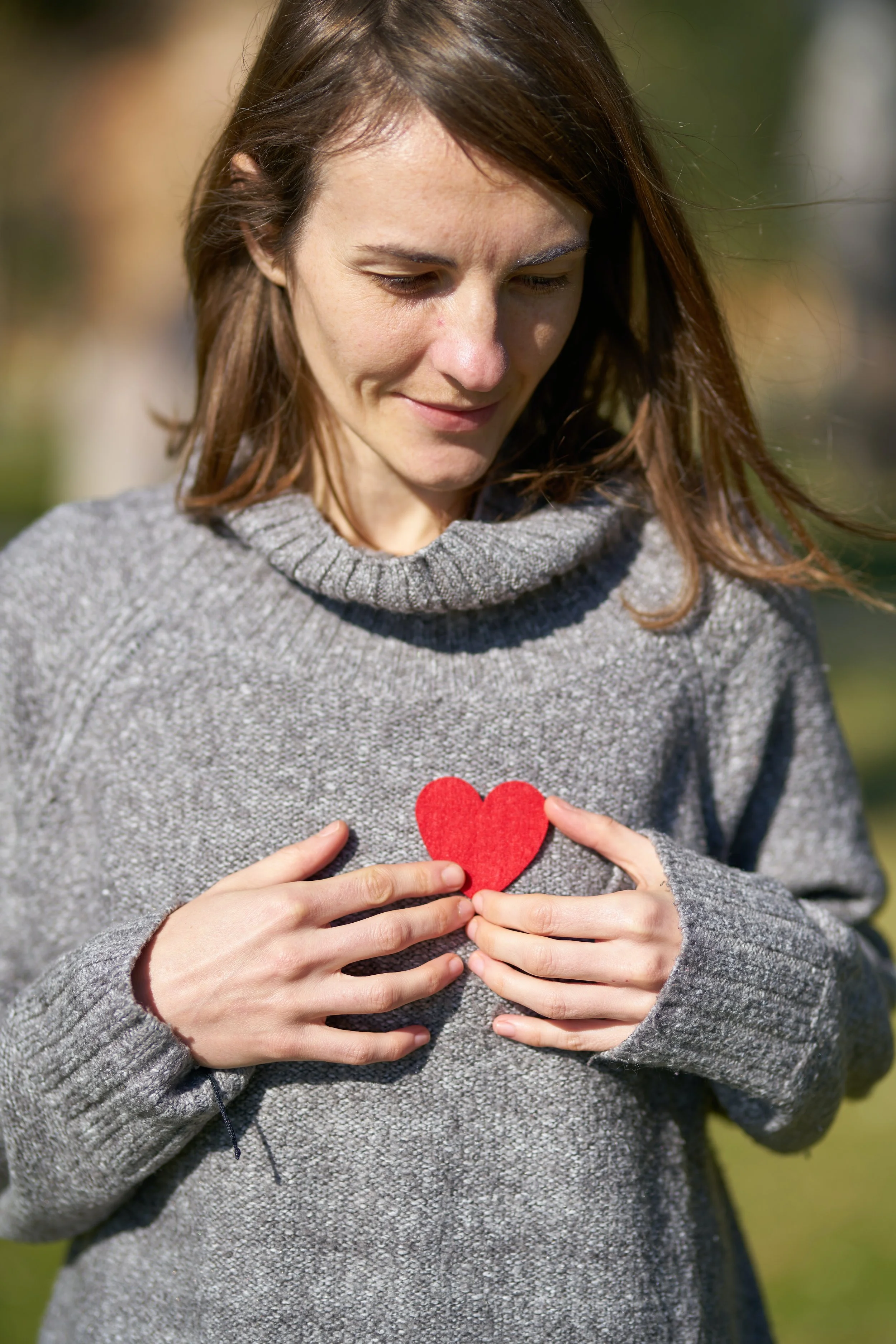What’s The Story With...Heart Health?
4 minute read
Menopause expert Catherine O’Keeffe of wellnesswarrior.ie wants us all to take extra care of our hearts – physically speaking, that is. The stark statistics speak for themselves: one in two Irish women will die from cardiovascular disease, the leading cause of death for women globally. This means that we’re seven times more likely to die of heart problems than of breast cancer.
Awareness of heart health and, in particular, of how it affects women during menopause has changed over the past number of years, O’Keeffe said, when she hosted a talk featuring a panel of experts from Croi Heart and Stroke Charity in the West of Ireland. Over the course of 60 minutes, nurse Madeline Rabbitt, cardiac and weight management dietitian Aisling Harris, and health psychologist Dr Lisa Hynes each offered expert advice and tips on how best to look after your heart health in midlife.
Here, in the first of our three-part series on cardiovascular health, Rabbitt provides an overview of some of the risk factors, symptoms and solutions for managing heart health in our middle years.
What is cardiovascular disease?
“Cardiovascular disease incorporates three things: heart disease, peripheral vascular disease and stroke. So it affects our hearts, our circulation and it can affect our brain,” Rabbitt explains. “Problems occur due to Atherosclerosis – a buildup of plaque in the vessels, causing them to narrow, to become less elastic, and to constrict. This will affect blood flow through your body, causing blood to pool in an area and cause a clot, which may result in a heart attack, or if the clot is in the brain, it can cause a stroke.”
Is it preventable?
“The good news is that cardiovascular disease is 80% preventable,” Rabbitt stresses. “ There are things that we can do to help ourselves. Start by becoming conscious of your cardiovascular health. Make sure you’re having a regular checkup. If you’ve no underlying conditions, go at least once a year to have your bloods done and your cholesterol checked. Blood pressure and cholesterol screening is so important because each can indicate risk, and each is within our control. We won’t know whether or not we’re in danger unless we have them checked, because high blood pressure is completely symptom-free – it’s why it’s known as a silent killer.”
How does it affect women?
“Traditionally, heart attacks were more male-orientated, but now we know they are equally female-oriented. Men often may get symptoms of a traditional heart attack earlier than women. At around 50-plus, our risk starts to rise, and this has to do with natural aging. It has to do with menopause too, because our hormone protection drops. So we present symptoms in a different way than men, and not just in terms of the dramatic clutching of the chest we see on TV. For women, signs can be more subtle. Women can experience heartburn, dizziness, cold sweats or unusual levels of fatigue. You may have nausea or vomiting. The symptoms are very similar to lots of other conditions you may experience, but it’s the persistence that’s key – if symptoms are lasting 20 to 30 minutes with no relief, that’s when you need to get checked.”
“Yes, a lot of these are very similar to menopausal symptoms. One really important thing for women is not to be afraid of false alarms. It’s important that we present ourselves with symptoms, and don’t leave them to linger because it’s much better to have a false alarm than a late diagnosis.”
Rabbit says it’s worth tracking and knowing your results – cholesterol and so on – because this way you can monitor them. “It’s very important [to monitor your results] and then at least you have some kind of control – you know what steps you can take yourself, and if they’re not working, medication is an option.”
Next week, cardiac and weight management dietitian Aisling Harris explains how diet can help us manage our cardiovascular health.
join the conversation
share and comment below, we’d love to hear your thoughts…










